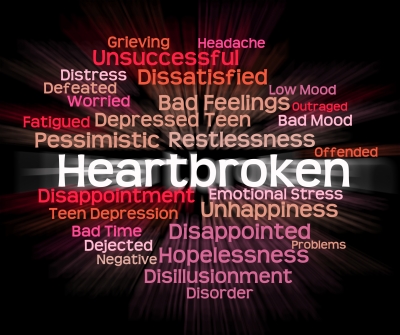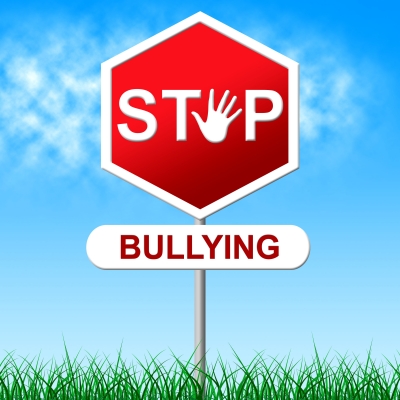1. Talk to someone. Wether it is a professional or a friend, just talk it out. Talk about everything including those deep dark feelings you're hiding and don't want to acknowledge. Acknowledge it so you can process it. Process your history and those feelings, because it was all real.
2. Self-care. I posted a self-care blog a few months ago. Read here. Take the time for yourself. Whether it is eating that bowl of ice cream, taking that bath, or binging on Netflix - do something that you enjoy and that can take your mind off of the grief for a bit.
3. Take care of your body. So it sounds hypocritical since in the previous note I just mentioned eating that bowl of ice cream, but eat comfort foods in moderation. Make sure to continue appropriate diets and exercise even 10 minutes a day is all you can find energy for. Along with eating and exercising, don't forget about basic hygiene. Remember to shower and wear clothes that make you feel good about yourself.
4. Remember the good things. Remember things you are grateful for or other positive things that you have in your life. Your significant other was probably pretty important, but they weren't everything.
5. Manage social media. I'm sure your social media pages are still attached to this person. Get someone to support you because this is hard but as much as you can, get rid of the things that still attach you to them. If you can't unfriend them, at least block them from content. Make sure you can't see their updates or notes. You don't need those little jabs or reminders about your breakup. Hanging on to some of these things will only make you hurt more and for longer.
6. Learn from it. While the split was probably pretty bad, one important thing is to think back about what you learned. What did you learn about yourself, what did you learn that was important in a relationship and what did you learn not to do. In every bad experience, there is also a learning experience.
7. The Don'ts. Don't contact them anymore. Reread the social media note. Really, don't contact them - meaning don't meet up again and have a 'last date' or 'last kiss' or any of that. That will only prolong it. Also don't talk bad about them or your relationship. That not necessary and while it might make you feel better for a second, in the long run it does more damage - to you, not the other person. Don't turn to unhealthy coping skills such as cutting, drugs, alcohol, or other reckless behaviors.
8. Plan for the future. There is still a future without this person. You still have goals and things you are going to accomplish in your life. Focus on this and making yourself better. Take that 'me' time to work through and continue to build your future.
9. Spend time with people. This should go under my "don'ts" but don't isolate. Isolating will be the worst for you. Isolating takes us away from healthy people and healthy activities. It's also ok to take that time for yourself, but make sure it isn't excessive and you aren't pushing others away.
10. Be Patient. We put our heart and souls into relationships. Because of this, we can't expect it to feel better after a week or two. Healing from a breakup and failed relationship will take time, so just be patient.
There are plenty of resources out there on the internet or in the community whether you are in need of a quick pick-me-up article like this or something more intense such as therapy. But there is also another resource that is not only funny but truthful - an author Greg Behrendt wrote two brilliant books I highly recommend, not necessarily from a professional stand point, but from a personal stand point. "It's Called A Breakup Because It's Broken" and "He's Just Not That Into You." Or maybe even watching the movie "He's Just Not That Into You" so you can realize that at this time, you are not the exception, but in the future you will be.
But never give up hope, we all have trials and difficult things that happen to us but we also always manage to get through them even when it seems like it's the end of the world at the time!





 RSS Feed
RSS Feed
